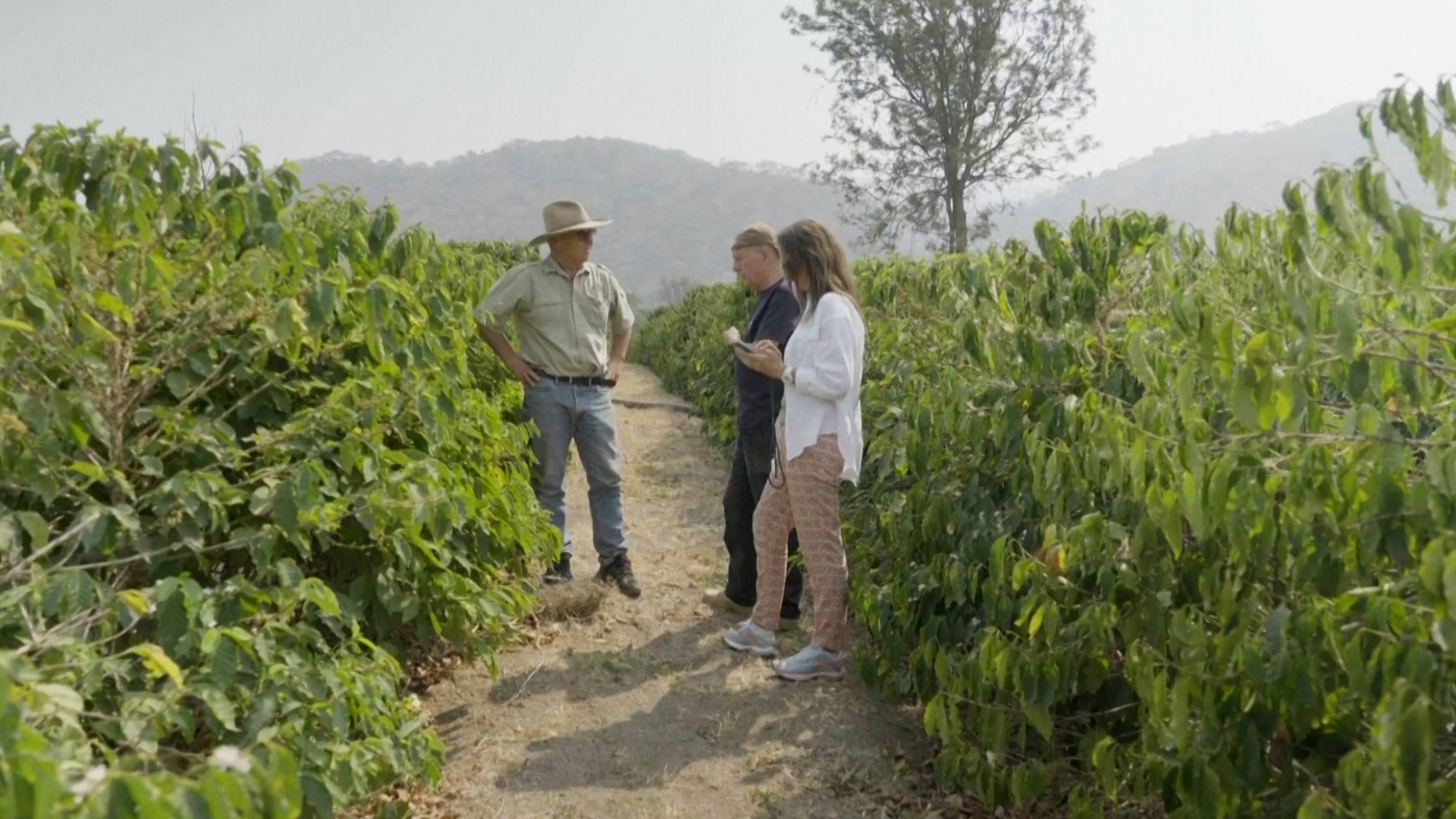What’s the cost of pure water in Ghana?


Get involved with our crowdsourced digital platform to deliver impact at scale
Stay up to date:
Water
When Johnnie Water was a schoolboy in the Volta Region of Ghana, he and his classmates were required to go to the river every morning to grab at least two buckets of water each to help fill the school’s tank. Later in life, when Johnnie was a young man, the water didn’t flow often in the home he shared with his brother. They would leave a bucket under the open tap at night, and if they heard the echoing drips of water, they would get out of bed rather than miss the available running water hours. At the house where Johnnie Water lives now in Accra, Ghana’s capital, the water is plentiful, but every ounce of it is trucked in by a private company at great expense. Like most of his fellow Ghanaians, Johnnie has been chasing after water for his whole life.
Johnnie Water has lived in Tunisia, Belgium and Canada as an international consultant. He returned to Ghana, where he was born and raised, last year. Now he could visit his mother regularly, speak Twi with his compatriots and invest in his home country. “When I go and come back,” Johnnie told me during a bumpy ride to his office, “and see how humble people here are, I think, ‘we haven’t lost everything yet’.”
Rather than investing in unpredictable Ghanaian bank rates or buying a shop or another piece of land, Johnnie Water decided to put his money into a product with limitless demand: water. “There are very few businesses in Ghana where you won’t be swindled,” he said. Water is one of them.
If water is the elixir of human life, the one drink we can’t do without, it is also a carrier of death in many countries. According to the World Health Organization, nearly two billion people still drink water from sources that are tainted with faeces. That water kills at least half a million people each year through diseases like cholera, dysentery, typhoid and polio. While the number of people in the world who have access to an “improved water source” – one not contaminated by faecal matter – has increased by two billion since 1990, Sub-Saharan Africa lags behind the rest of the world. More than 300 million people in the region are still drinking bad water.
To read the rest of this article, visit the Mosaic website. Publication does not imply endorsement of views by the World Economic Forum.
To keep up with the Agenda subscribe to our weekly newsletter.
Author: Shaun Raviv is a freelance journalist.
Image: A Ghanian girl waits to sell water as a local boys team practices soccer on a dusty pitch in the northern city of Tamale. REUTERS/Finbarr O’Reilly.
Don't miss any update on this topic
Create a free account and access your personalized content collection with our latest publications and analyses.
License and Republishing
World Economic Forum articles may be republished in accordance with the Creative Commons Attribution-NonCommercial-NoDerivatives 4.0 International Public License, and in accordance with our Terms of Use.
The views expressed in this article are those of the author alone and not the World Economic Forum.
The Agenda Weekly
A weekly update of the most important issues driving the global agenda
You can unsubscribe at any time using the link in our emails. For more details, review our privacy policy.
More on Nature and BiodiversitySee all
Lena McKnight and Stefan Fahrni
May 2, 2024
Cristen Hemingway Jaynes
April 30, 2024
Robin Pomeroy and Linda Lacina
April 29, 2024
Greg Goodwin and John Stackhouse
April 29, 2024
Diego Vincenzi
April 29, 2024






